As the American dream of homeownership becomes increasingly challenging, certain cities stand out for their expensive and out-of-reach housing markets. The vast difference between an area’s average household income and how much income is required to afford mortgage payments on a median-priced home in that area is almost at a 10-year high in the US.
High demand, coupled with limited supply, has escalated home prices, and many find purchasing a home nearly impossible.Let’s guide you through the top US cities where buying a home feels like an impossible task, providing insights into the economic and demographic forces involved.
San Francisco, California

San Francisco tops the list with its sky-high real estate prices, driven by a booming tech industry and limited housing supply. The median home price exceeds $1.3 million, making homeownership a distant dream for many. Prospective buyers often find themselves outbid in a fiercely competitive market.
New York City, New York

New York City’s real estate market is notorious for its staggering prices and tight inventory. The high cost of living and the premium prices in boroughs like Manhattan keep many potential buyers renting instead. Affordable housing in this bustling metropolis remains a critical issue despite ongoing efforts to address it.
Los Angeles, California

Los Angeles presents a challenging market for homebuyers, with median home prices around $900,000. The city’s allure, coupled with limited new housing developments, fuels ongoing price increases. Buyers must navigate a competitive atmosphere with multiple offers, often well above the asking price.
Seattle, Washington
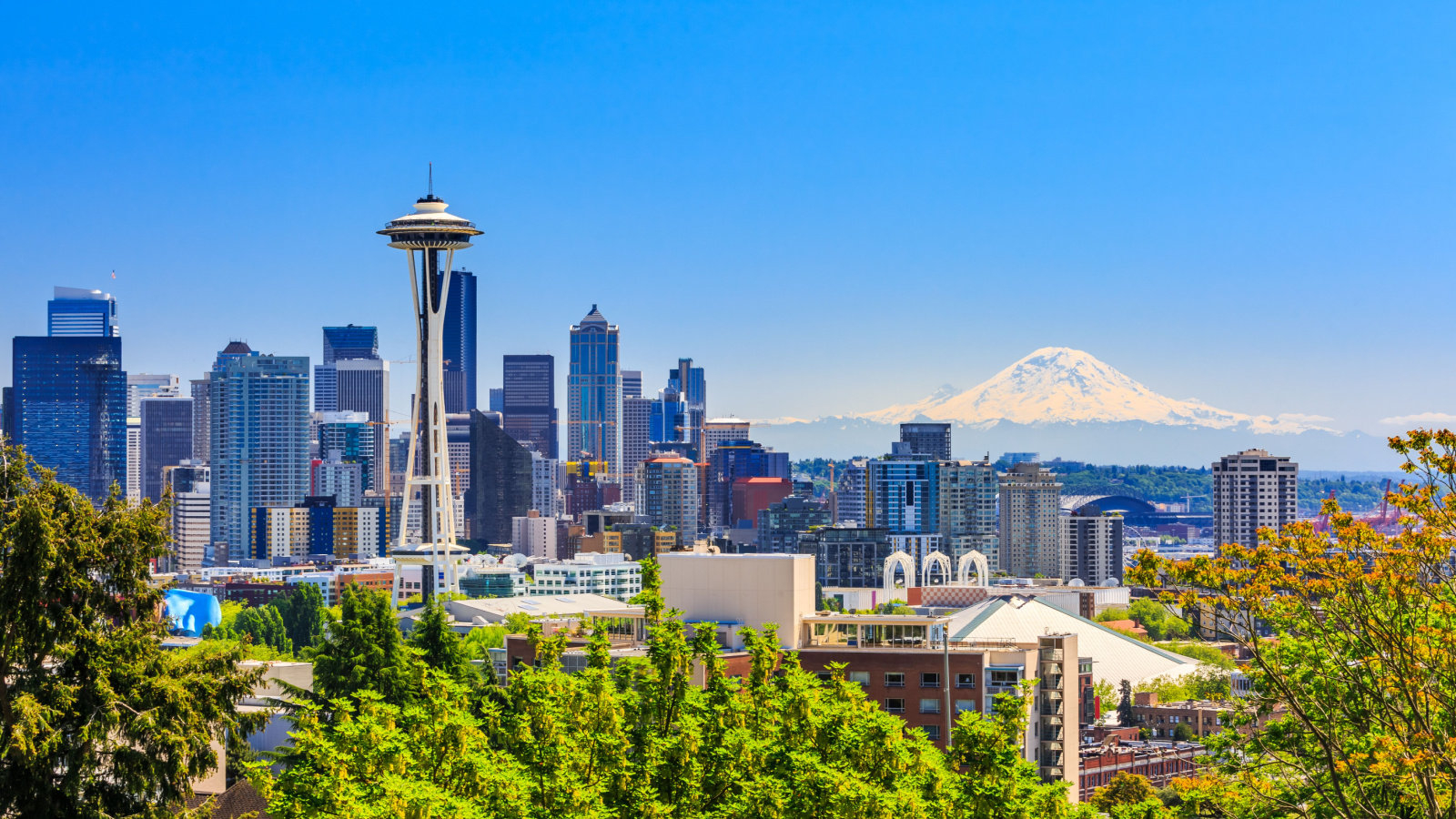
Seattle’s tech-driven growth has propelled its housing prices to new heights. Median home values hover near $800,000, pricing out many first-time homebuyers. The city’s market dynamics are characterized by rapid sales and escalating bids.
Boston, Massachusetts
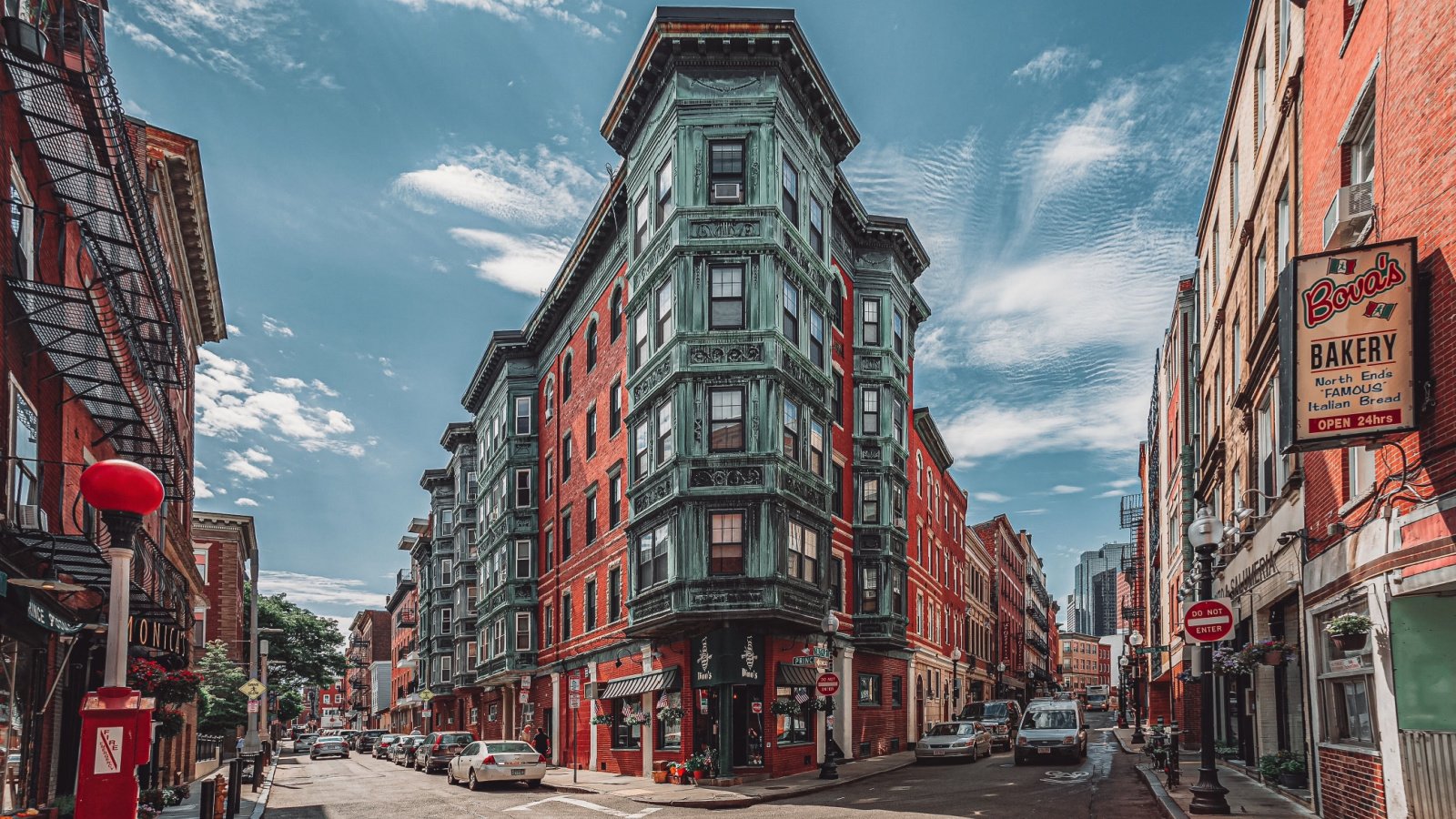
Boston’s rich history and strong job market make it a highly desirable yet expensive place to live. The average home price in the city challenges even well-paid professionals, often exceeding $700,000. High demand and low supply create a daunting environment for buyers.
Washington, DC
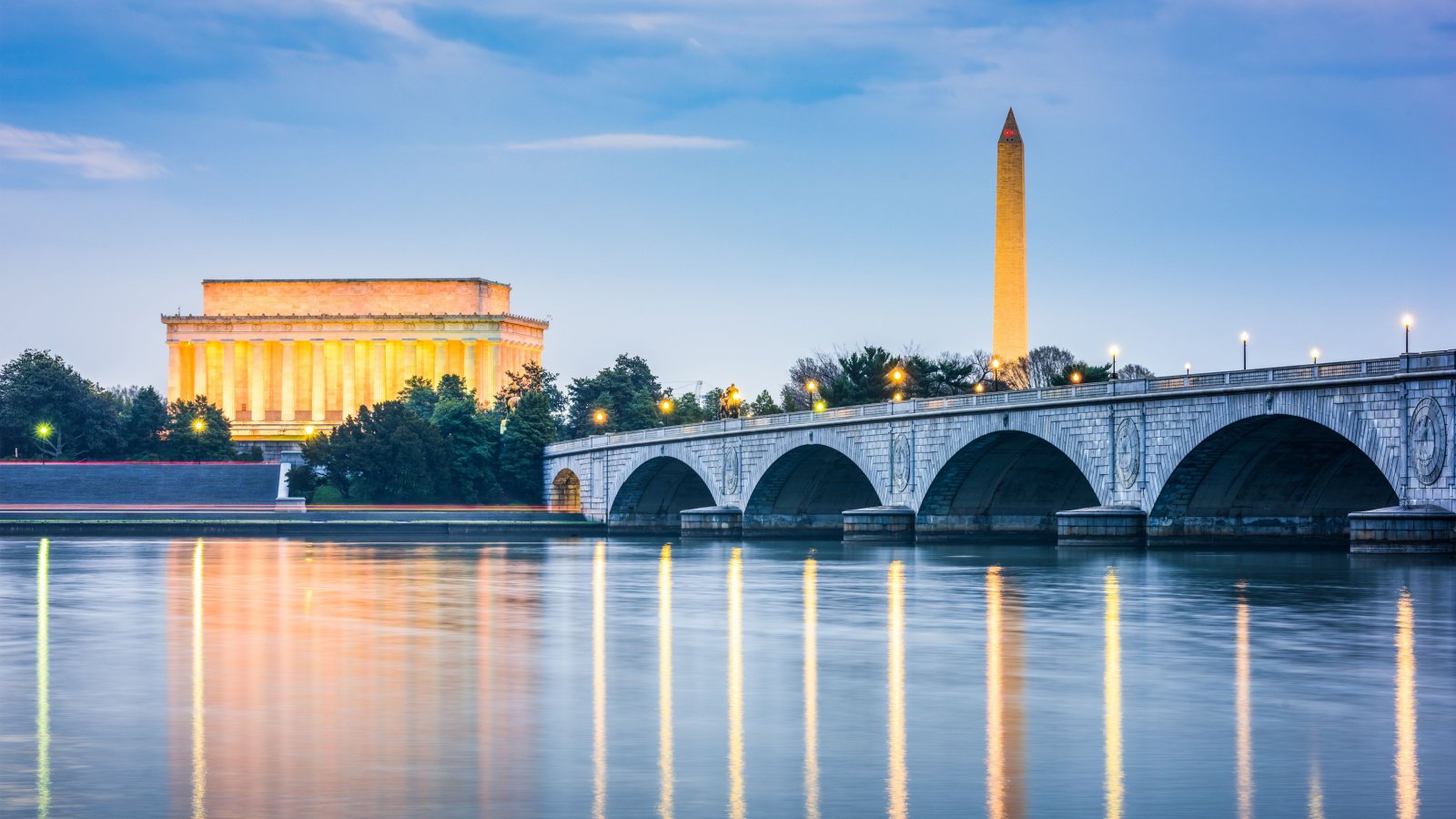
The nation’s capital is a hotspot for real estate, with prices reflecting its political and economic significance. Homes in Washington, DC, carry a median price tag of over $600,000, with premiums for closer proximity to essential government functions. The competitive grant and bidding wars are common, adding to the challenge.
San Diego, California
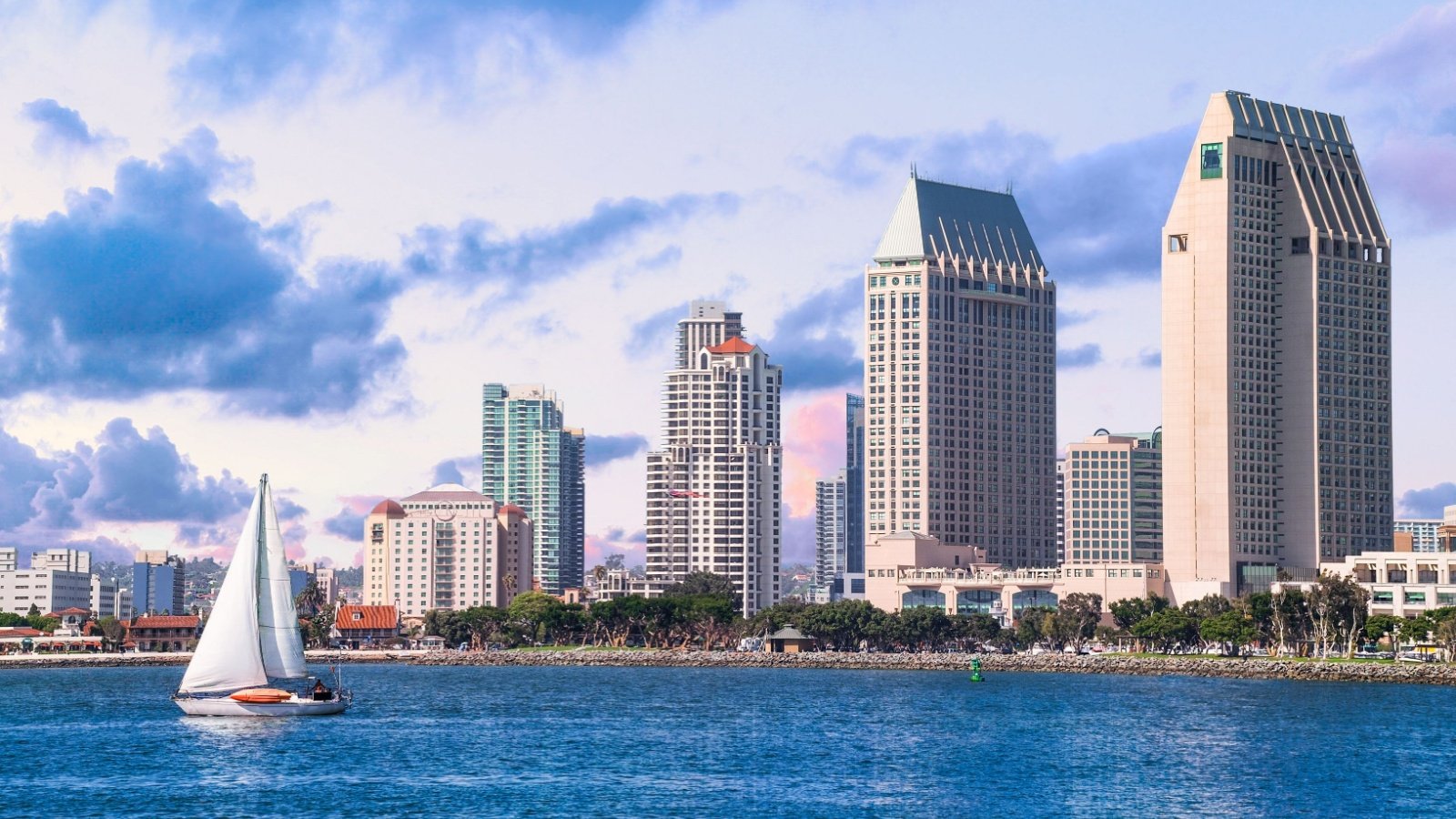
San Diego’s appeal lies in its beautiful beaches and sunny weather, but these perks come at a high cost. Average home prices in this Southern California city push past $800,000. The market here shows no signs of cooling, with historic lows in housing inventory.
Denver, Colorado
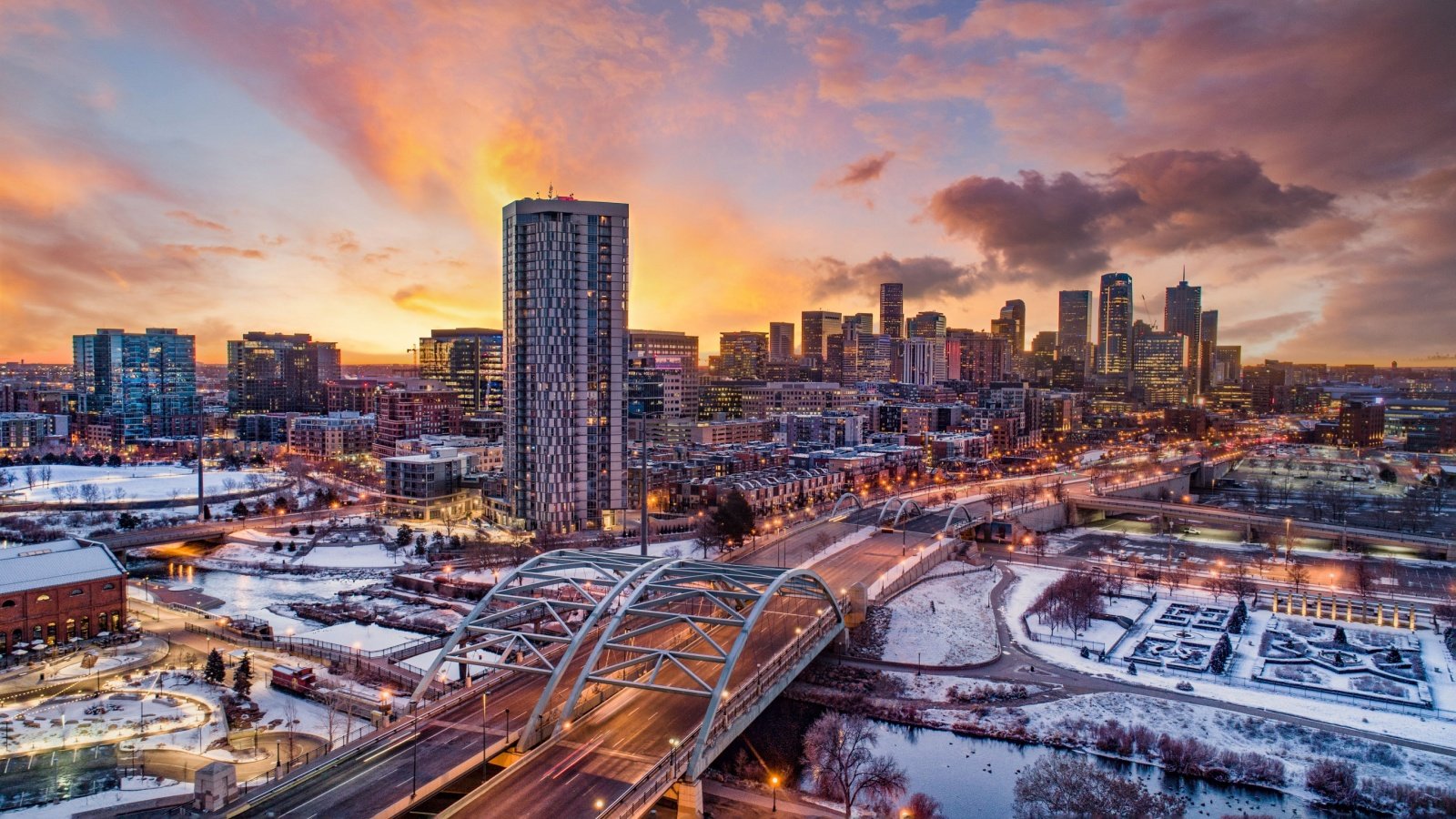
Denver has experienced a surge in home prices over the past decade, driven by significant population growth and a strong economy. Median home prices are now around $600,000, with many buyers having to go well above the asking price to secure a property. The competitive market is exacerbated by a lack of new construction.
Austin, Texas
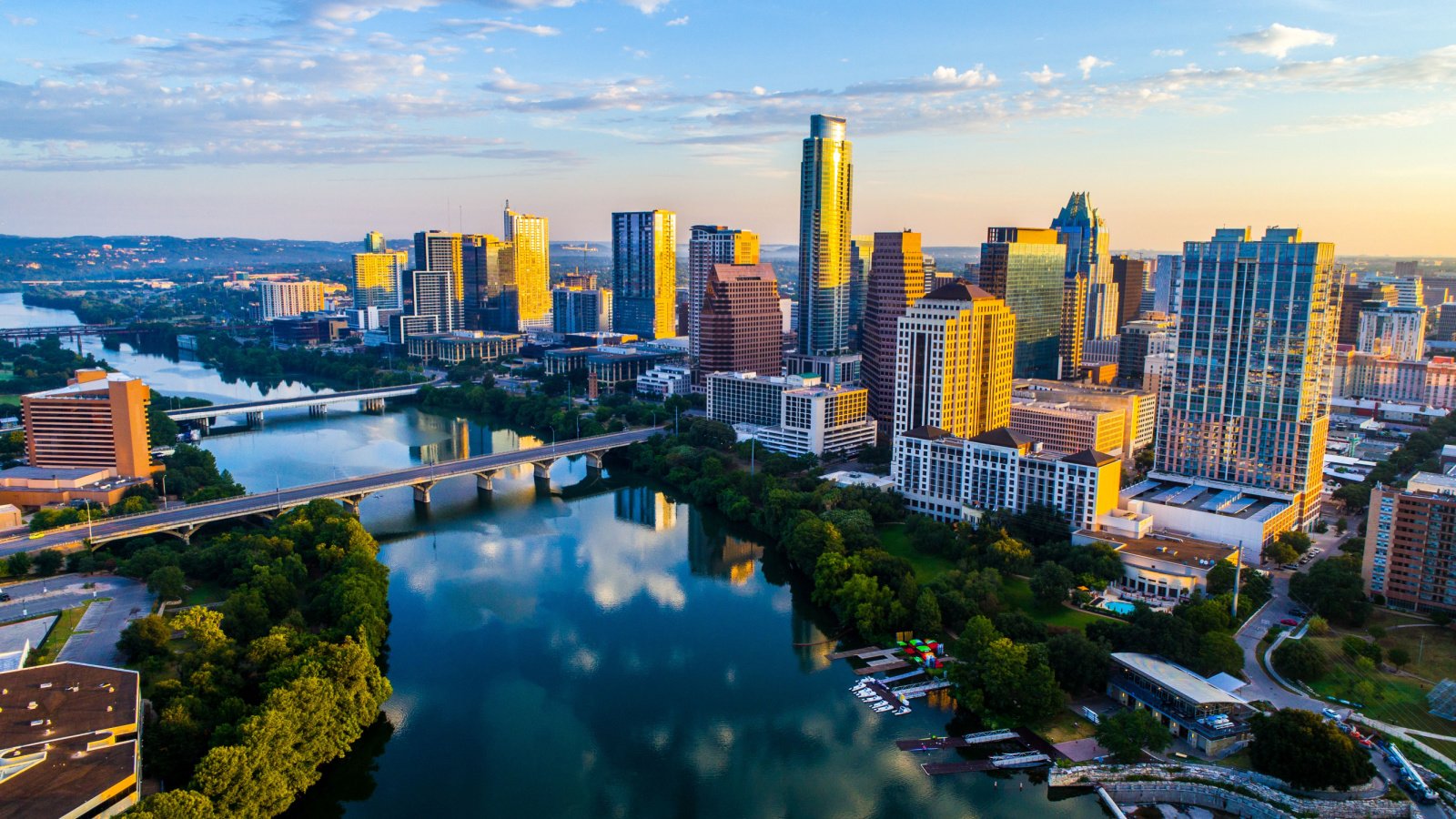
Austin’s popularity has exploded thanks to its vibrant music scene, tech jobs, and cultural richness. However, this popularity has driven home prices up significantly, with averages approaching $500,000. The influx of new residents continues to strain the local housing market.
Portland, Oregon
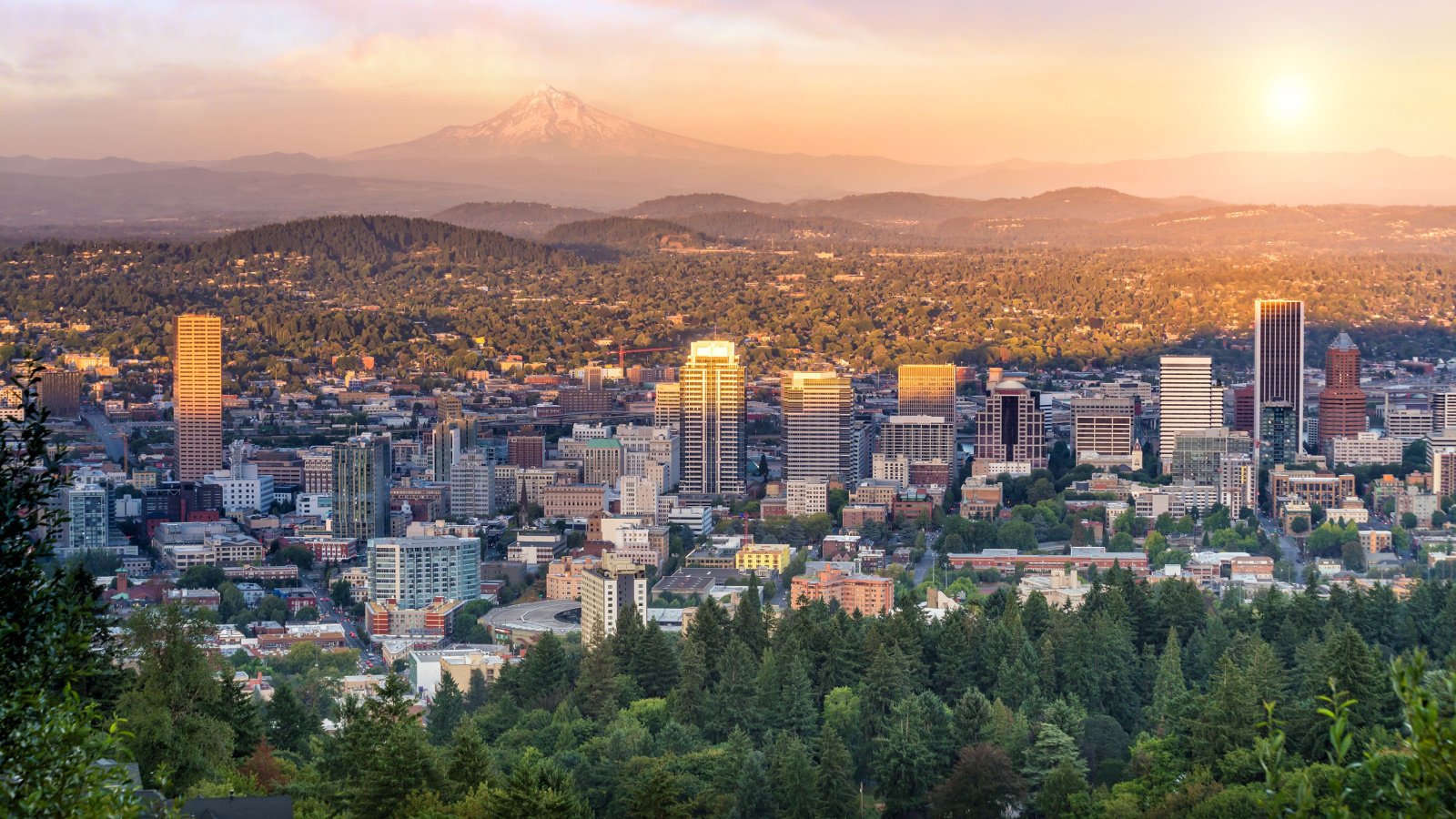
Portland’s charm and quality of life have attracted many, but the increasing demand has made the housing market nearly inaccessible for average buyers. Home prices average around $500,000, with many desirable neighborhoods far exceeding that. The competitive market often leads to bidding wars and quick sales.
Miami, Florida

Miami’s real estate market is fueled by its prime coastal location and vibrant nightlife, pushing home prices upwards of $400,000 on average. The city’s appeal to international buyers and investors makes the competition fierce for local residents. Homeownership remains elusive for many in the working and middle classes.
Honolulu, Hawaii

Honolulu offers paradise at a price, with median home values exceeding $700,000. The island’s limited space and desirability drive prices up, making it difficult for locals to afford homes. The market is also influenced by wealthy mainland and international buyers.
Chicago, Illinois

While Chicago’s real estate market isn’t as tight as coastal cities, certain areas within the city have seen prices soar due to gentrification and demand. Neighborhoods like The Loop and Lincoln Park see median prices that challenge even well-off professionals. The city’s diverse market still presents challenges for buyers looking for affordable options.
Atlanta, Georgia
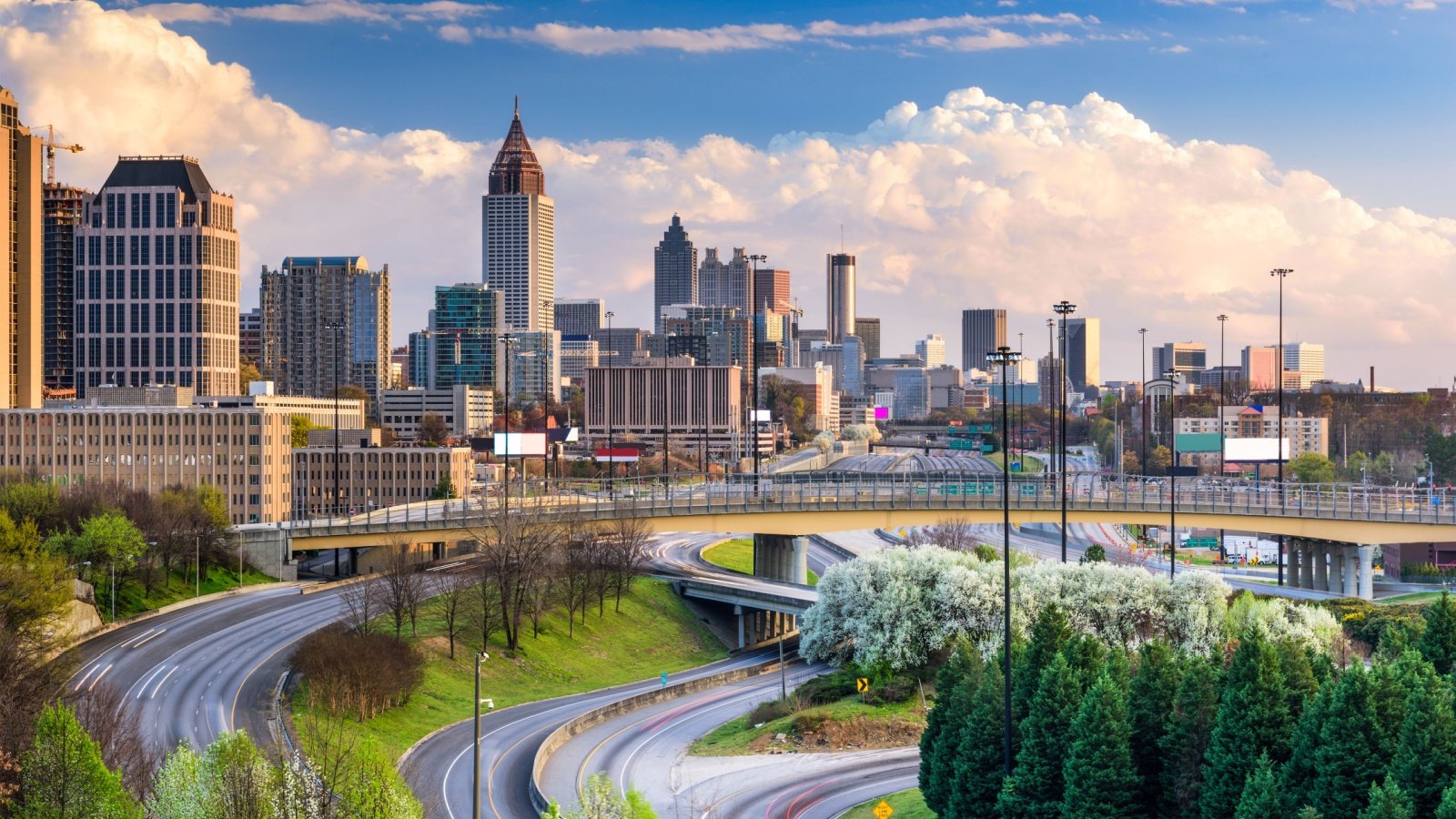
Atlanta’s economic growth has brought with it a rise in home prices, now averaging around $350,000. The influx of corporations and young professionals has sparked a housing demand that outpaces supply. Buyers often face aggressive bidding wars in the more popular neighborhoods.
Nashville, Tennessee

Nashville’s cultural appeal and rapid growth have made it a tough market for potential homebuyers, with median prices approaching $400,000. The city’s vibrant music scene and booming economy draw in buyers, tightening the market further. Prospective homeowners often need to act quickly and decisively to secure a property.
Philadelphia, Pennsylvania
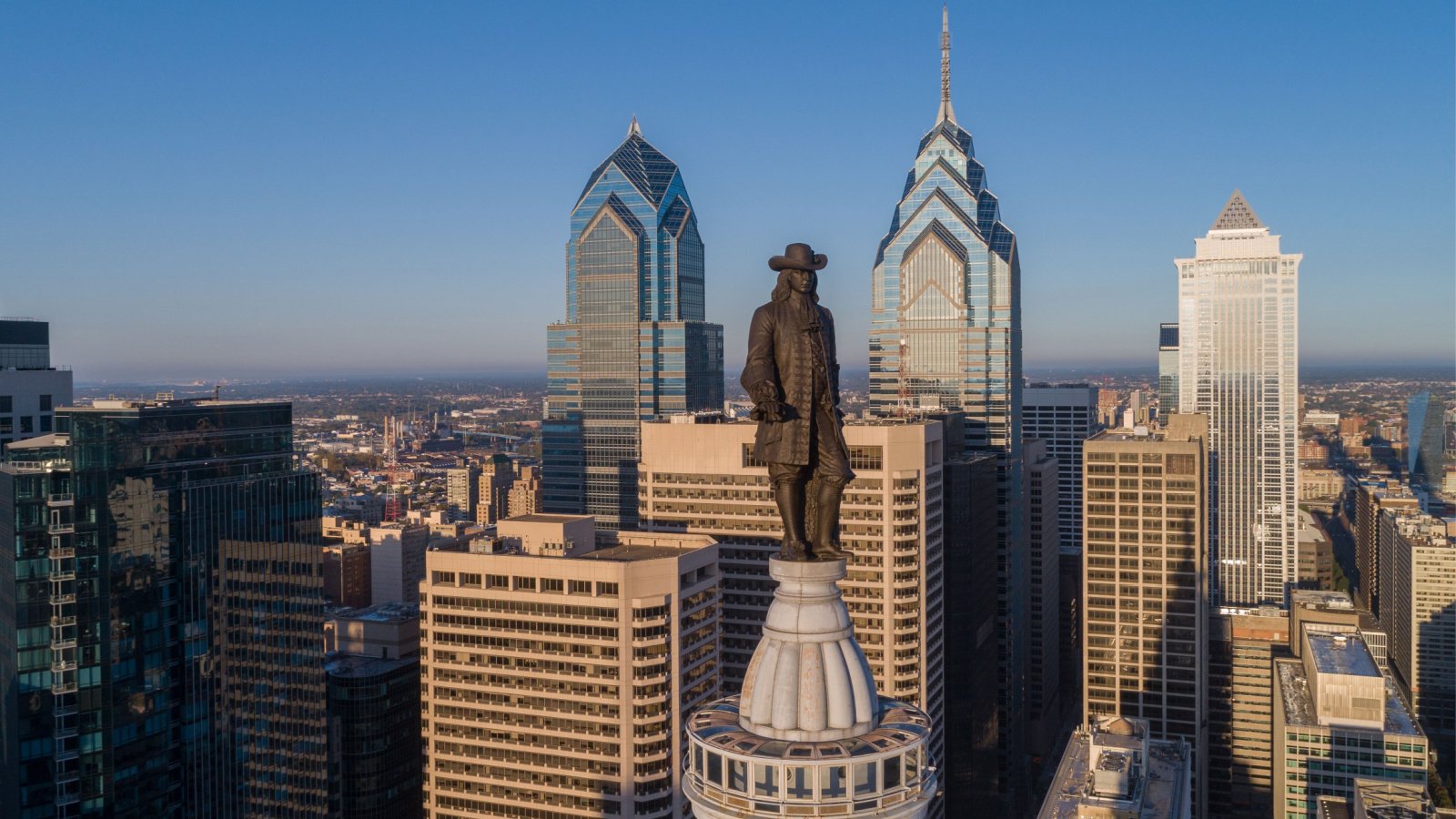
In Philadelphia, the historic charm and expanding job market drive demand, pushing average home prices to around $250,000. While more affordable than other major cities, certain areas like Center City are much pricier. The disparity between different neighborhoods creates a fragmented market.
Minneapolis, Minnesota

Minneapolis combines a strong job market with cultural attractions, driving up home prices to around $350,000 on average. The city’s robust economy and quality of life make it an attractive yet challenging market for buyers. The competition is especially fierce in popular neighborhoods near the city center.
Charlotte, North Carolina
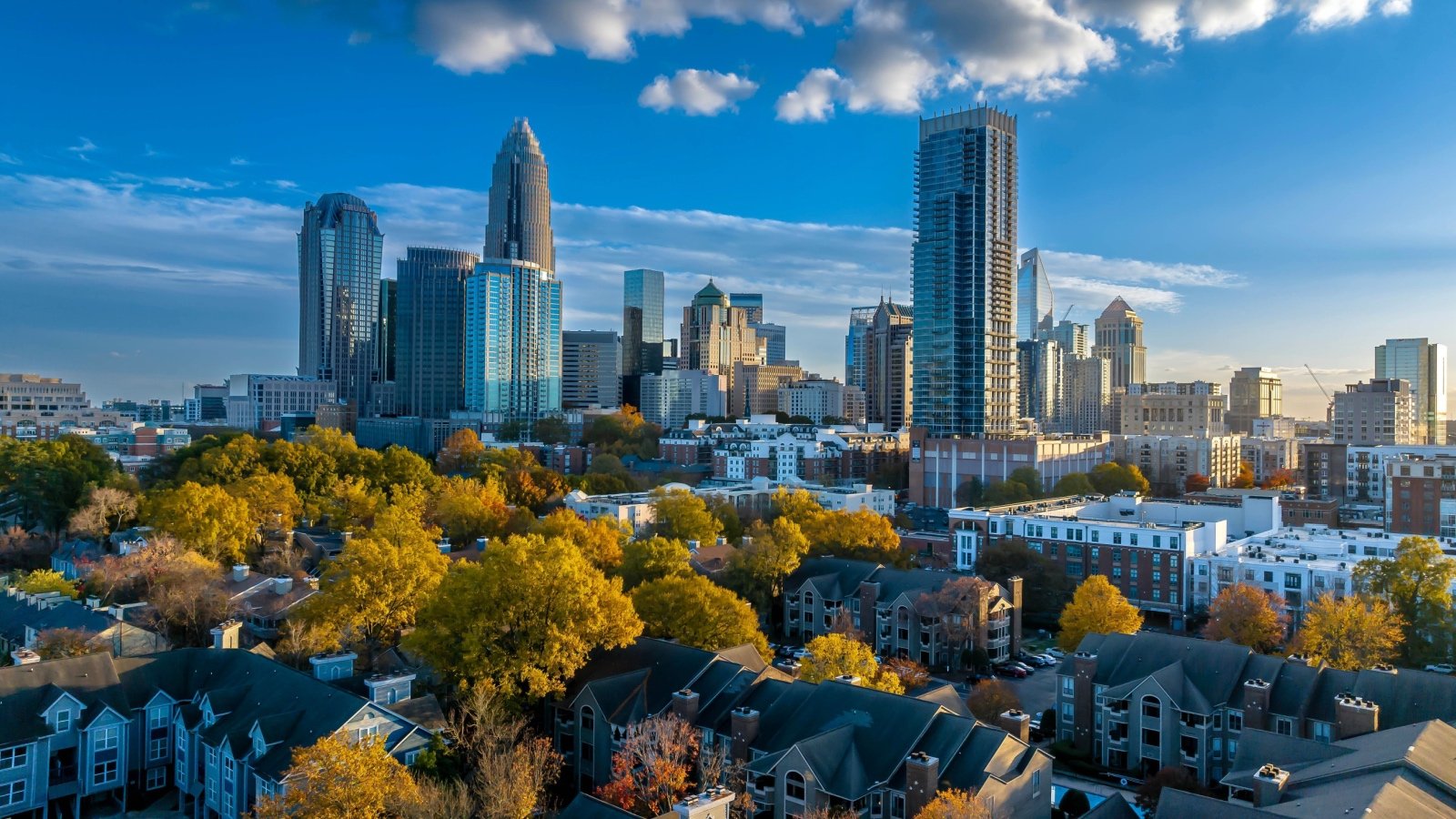
Charlotte’s rapid growth and strong financial sector make it a challenging market for homebuyers, with prices averaging $300,000. The city’s new status as a business hub has attracted a flood of new residents, driving up demand and prices. Buyers often compete with cash offers and quick sales.
Las Vegas, Nevada

Las Vegas offers more than just entertainment; its housing market has seen dramatic increases in prices, now averaging around $350,000. The city’s constant influx of new residents and limited new housing developments contribute to the competitive market. Buyers need to navigate a fast-paced and often overwhelming real estate landscape.
Baltimore, Maryland
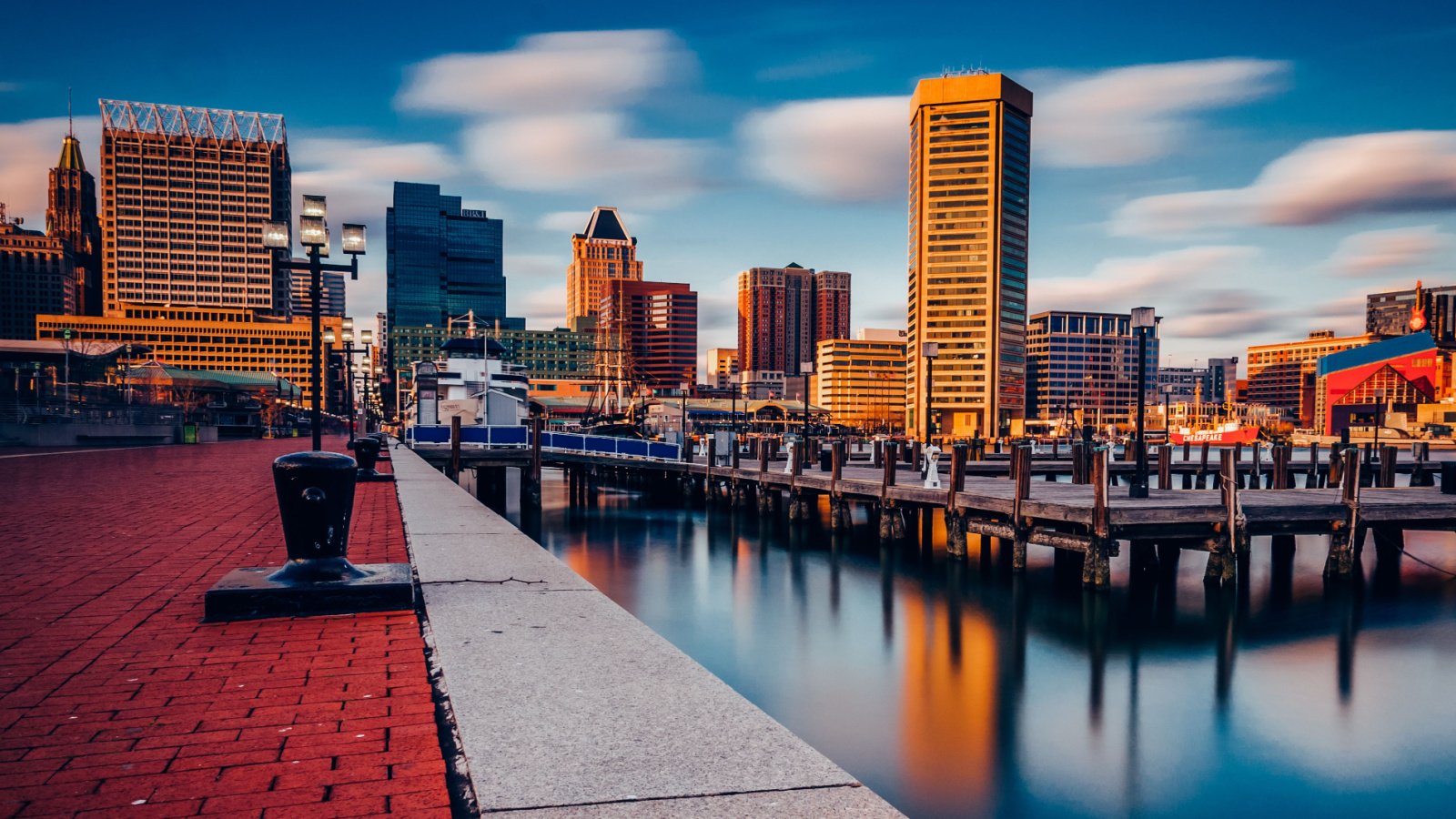
In Baltimore, a city of stark contrasts, certain neighborhoods see home prices well above the national average. The demand in popular areas like Inner Harbor drives prices up, making it difficult for average buyers to enter the market. However, the city also offers pockets of affordability, which require careful navigation and quick decision-making by potential buyers.
San Jose, California
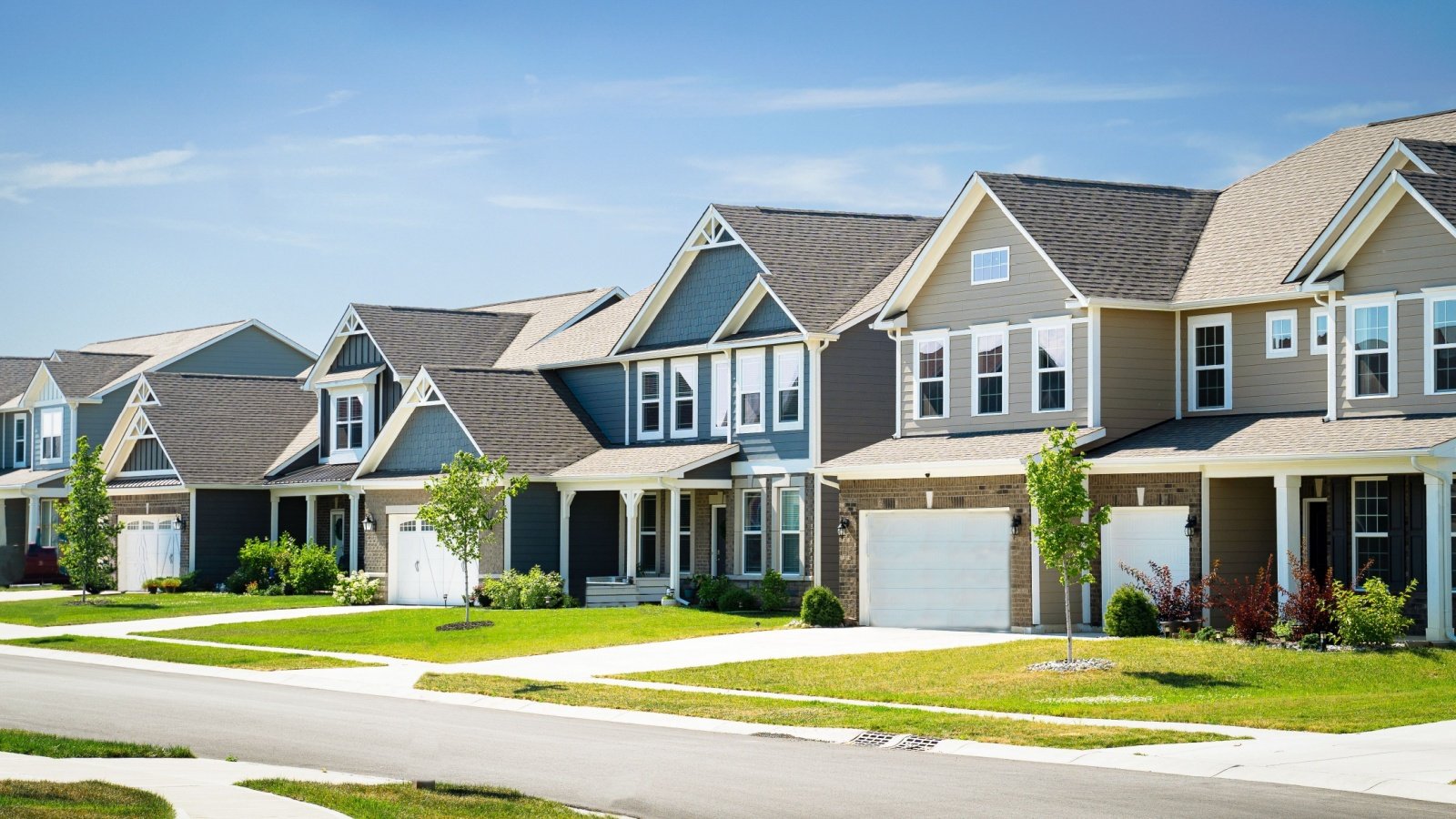
In the heart of Silicon Valley, San Jose is another tech city where home prices are beyond reach for many. The average home price is near $1.2 million, and it is influenced by high-income tech workers and limited housing stocks. First-time buyers find it particularly tough to break into this market.








